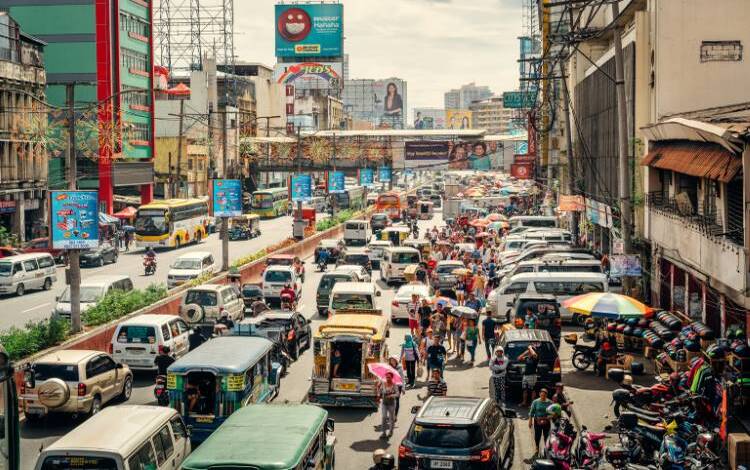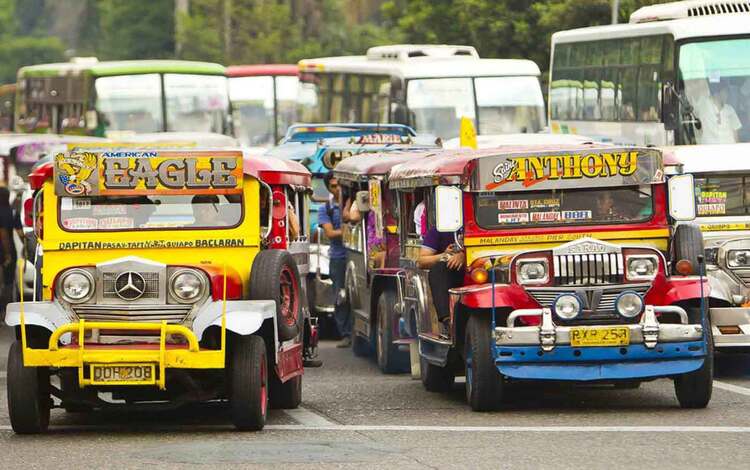As we approach Tuesday, January 30, 2024, Filipino motorists are bracing themselves for another round of increases in fuel prices. The latest advisories from major oil companies indicate that there will be a notable surge in the prices of gasoline, diesel, and kerosene. The looming adjustments are anticipated to impact various sectors of the economy, potentially leading to a ripple effect on consumer goods and transportation costs.

Gasoline Prices Soaring: One of the most significant increases is expected in the cost of gasoline. Motorists should prepare for a surge ranging between P2.50 to P2.80 per liter. This uptick is attributed to global fluctuations in crude oil prices, geopolitical tensions, and other market factors. The rise in gasoline prices could have a profound impact on daily commuters, businesses relying on transportation, and those involved in the logistics industry.
Diesel Costs on the Rise: Diesel prices are also set to experience a substantial increase, with an estimated rise of P1.00 to P1.30 per liter. Diesel is a crucial fuel source for various industries, including transportation and agriculture. This increment could result in an elevated cost of goods and services as businesses may need to adjust their pricing strategies to cope with the surge in operational expenses.
Kerosene Consumers to Feel the Pinch: Even consumers relying on kerosene for various purposes will be affected, as prices are expected to climb by P0.40 to P0.60 per liter. Kerosene is commonly used for lighting, heating, and cooking in some households. The price hike may pose a challenge for those with limited financial means, especially in remote or marginalized areas.
The reasons behind the imminent price increases are manifold. International tensions, geopolitical events, and the global supply and demand dynamics for crude oil continue to influence the local fuel market. These factors, coupled with the impact of inflation, contribute to the volatility that consumers face at the gas pumps.

As the nation grapples with the economic repercussions of these fuel price hikes, it becomes imperative for both the government and consumers to explore measures to mitigate the impact. Policymakers may need to revisit existing fuel subsidy programs, while consumers are encouraged to adopt fuel-efficient practices and explore alternative modes of transportation.
The anticipated rise in gasoline, diesel, and kerosene prices on Tuesday, January 30, 2024, underscores the importance of developing strategies to navigate the challenges posed by fluctuating fuel costs. As Filipinos prepare for these adjustments, a collective effort to promote sustainable and cost-effective energy practices may help alleviate the burden on both individuals and businesses.
